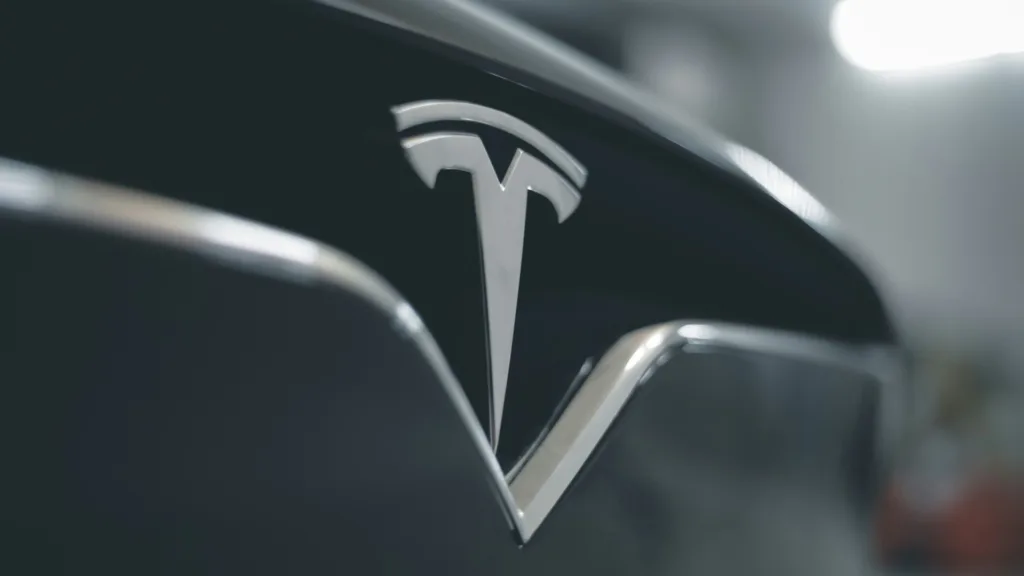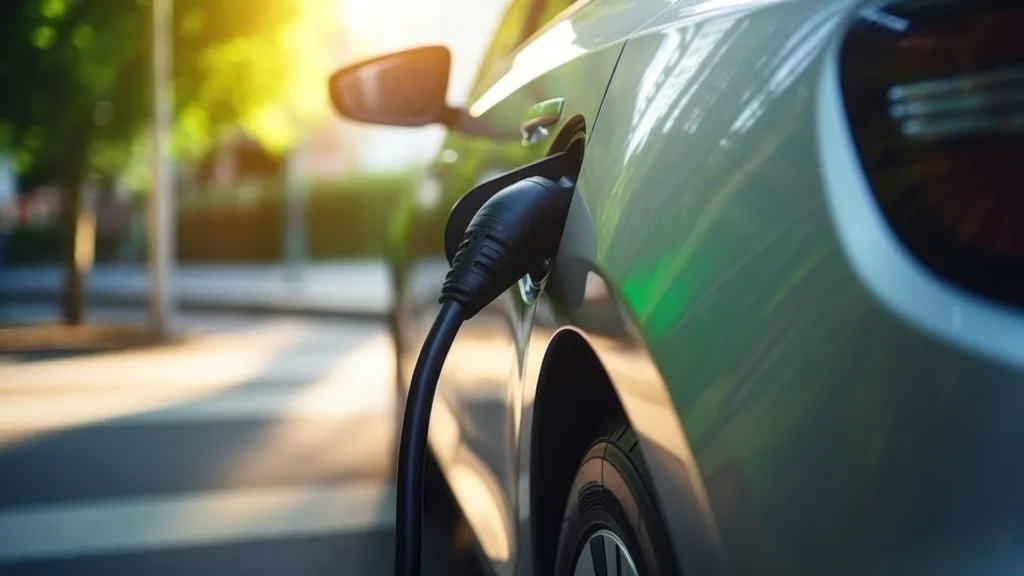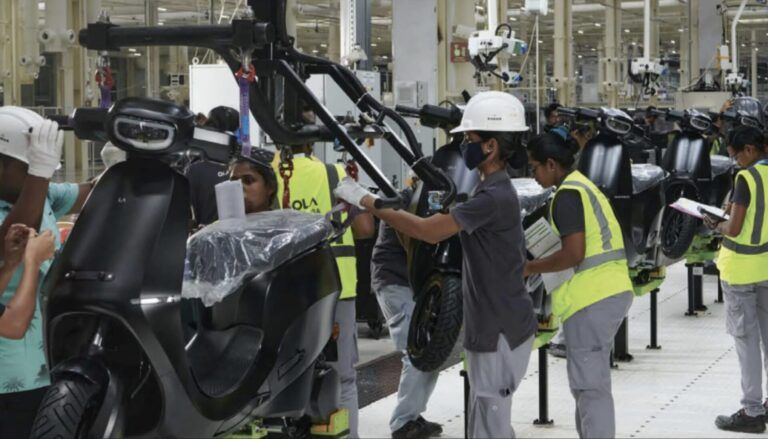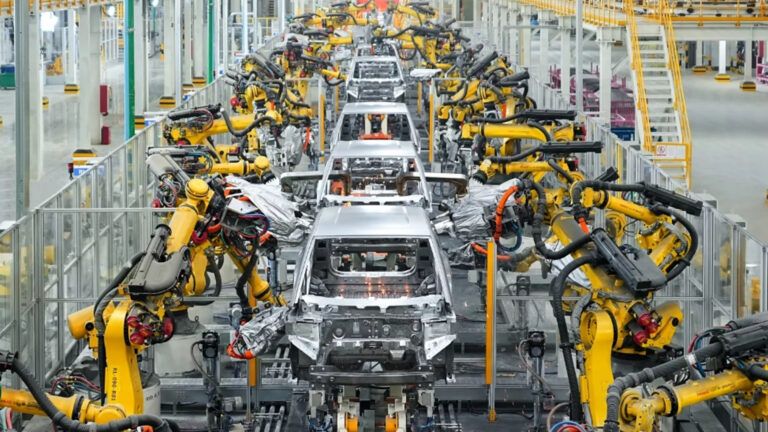American EV maker Tesla has inked a partnership deal with Tata Electronics to procure semiconductor chips for its operations across the globe, as reported by The Economic Times.
This collaboration positions Tata Electronics as a reliable supplier for leading global clients aiming to establish a crucial segment of their semiconductor value chain in India.
However, specifics regarding the value of the procurement contract between Tesla and Tata Electronics and other details remain undisclosed.
According to the report, Tata Electronics bolstered its workforce by appointing 50-60 senior-level executives.
Also, Tata Electronics established semiconductor manufacturing plants in Hosur (Tamil Nadu), Dholera (Gujarat), and Assam. Moreover, the official stated the company’s total investment in the business stands at $14 billion.

Tesla’s Entry to India
Tesla is keen on entering India, one of the world’s fastest-growing major automotive markets. Elon Musk, CEO of Tesla, intends to travel to India this month to engage in discussions with Prime Minister Narendra Modi. During the visit, Musk might announce potential investments in the country, which could involve setting up electric vehicle manufacturing plants.
Post-pandemic, Tesla has been exploring alternative options for sourcing components beyond China with a strong focus on essential electronic, electrical, and mechanical parts.
The company manufactures specific electric components, including electric motors, battery packs, and chargers. Meanwhile, it acquires sub-assemblies and other components from global suppliers.
Tesla is considering collaborating with a local entity to set up its operations in India. Reports from last week hinted that the American EV maker is considering forming a joint venture with Reliance to establish manufacturing plants in India.
The EV giant is likely to inject $2-3 billion into its upcoming projects in India. Moreover, Tesla has been assessing several locations, including Gujarat and Maharashtra, as potential sites for its plant.

India’s New EV Policy
The Indian government approved an Electric Vehicle (EV) policy last month to establish the country as a global manufacturing hub for EVs.
The policy requires a minimum investment of Rs 4,150 crore, with no maximum limit.
Also, the scheme specifies a three-year timeline to establish manufacturing facilities in India and begin commercial EV production. In addition, it strives to attain a 50% domestic value addition (DVA) within a maximum of five years.
According to the policy, the duty imposed on the total volume of imported EVs will not exceed the investment made or Rs 6,484 crore (equivalent to incentives provided under the PLI scheme), whichever amount is lower.
Moreover, it stipulates that should the investment exceed $800 million, up to 40,000 EVs, with an annual cap of 8,000 vehicles, could be sanctioned, allowing the carry forward of unused yearly import quotas.








